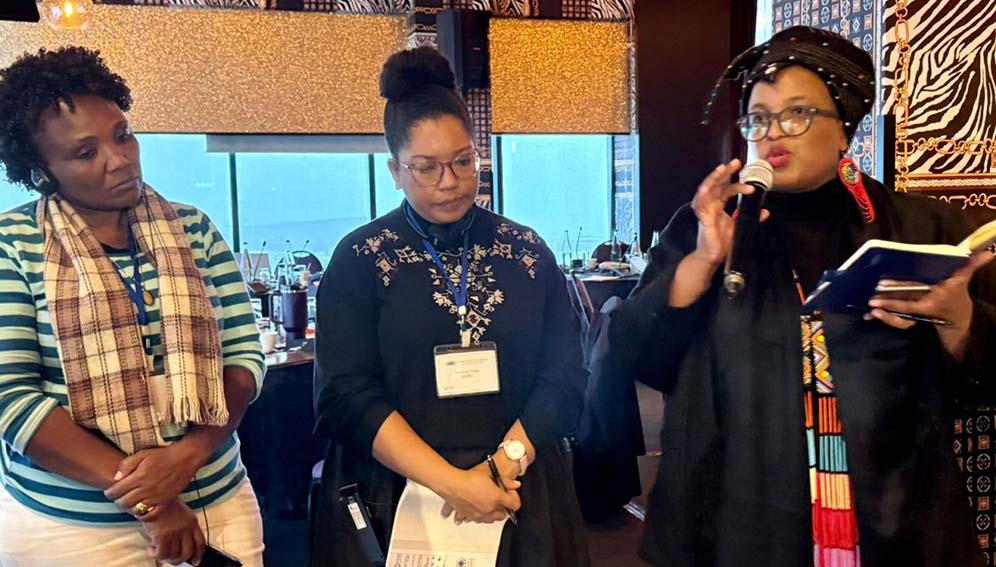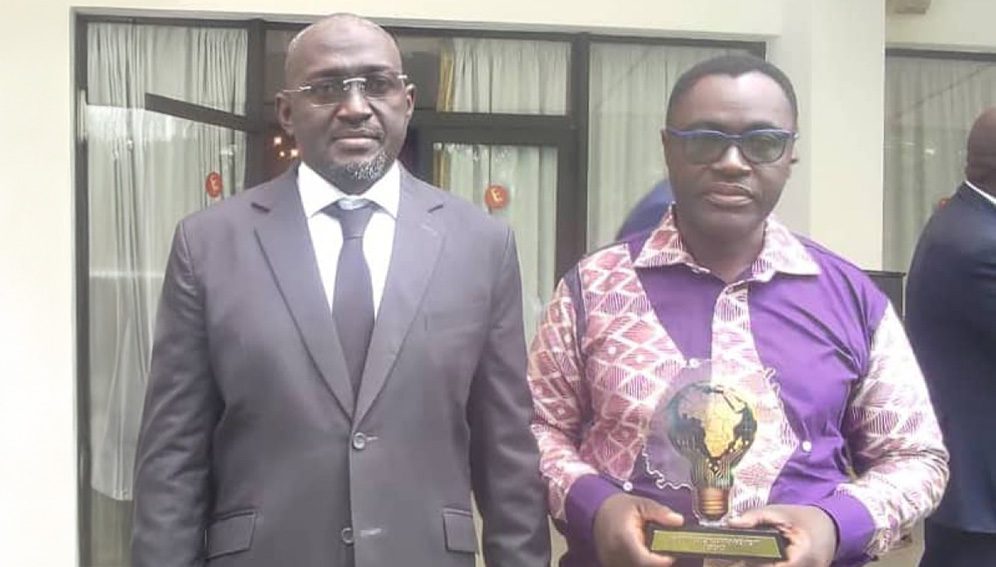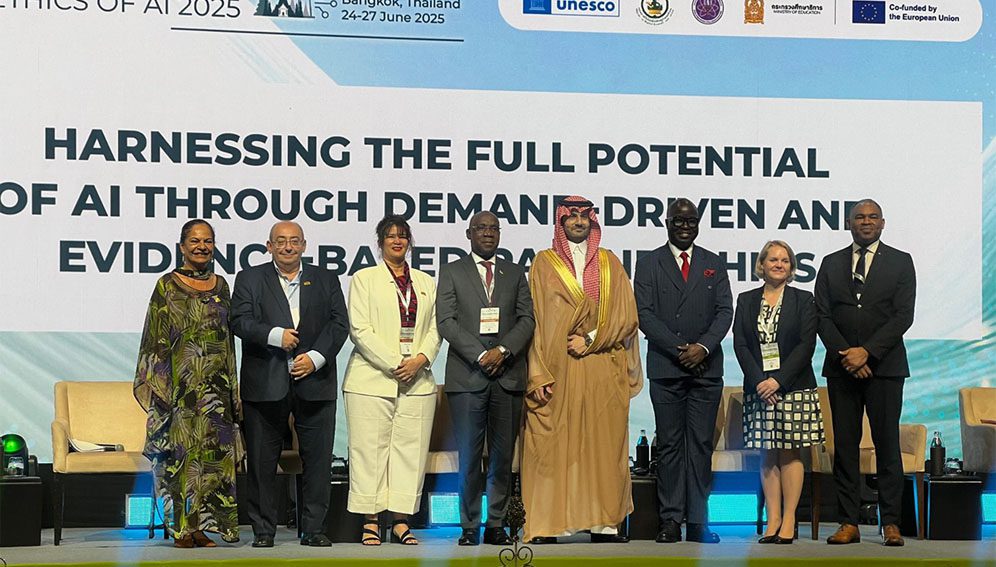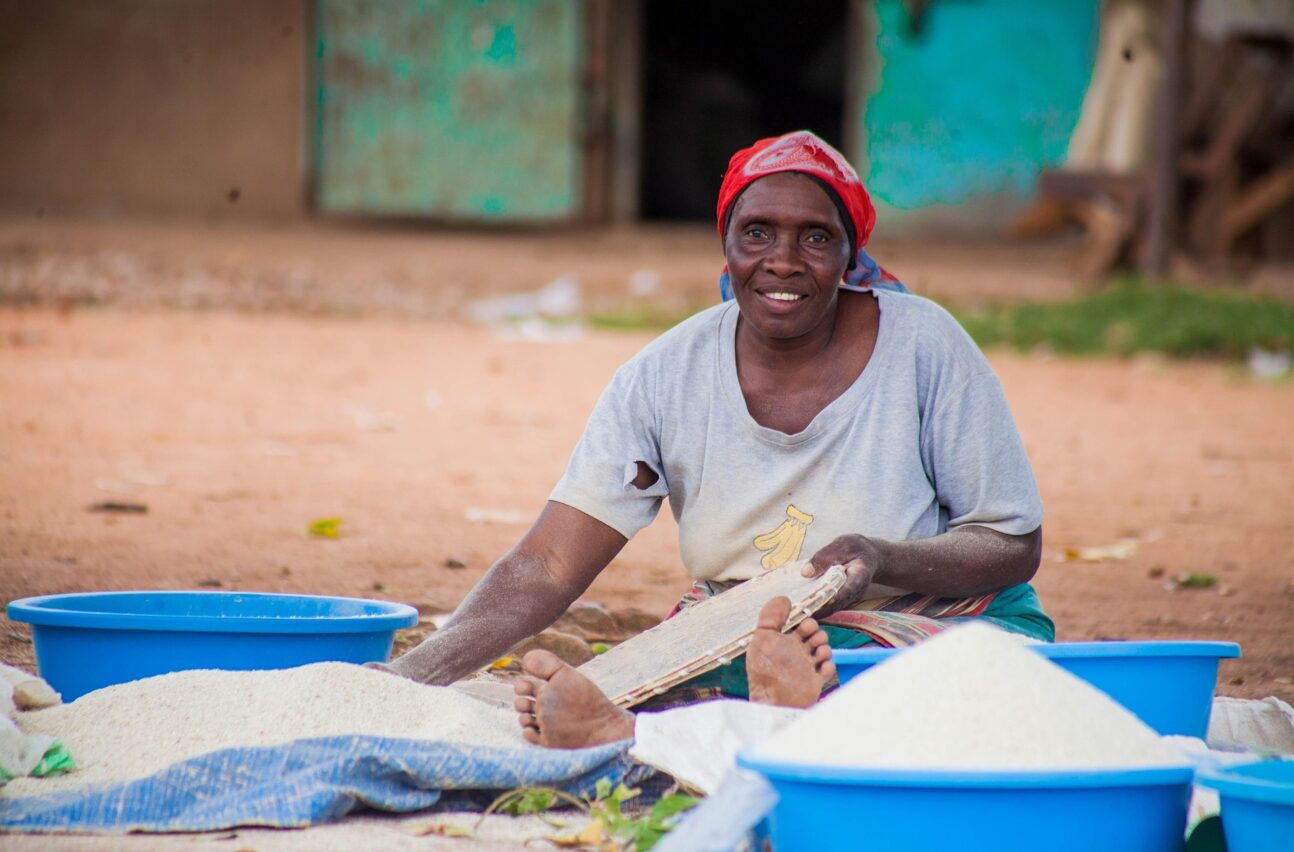SGCI News
The Uganda National Council for Science and Technology (UNCST) hosted the 2023 Science Granting Councils Initiative in sub-Saharan Africa (SGCI) Regional Meeting during 19-23 June at Munyonyo, Uganda under the…
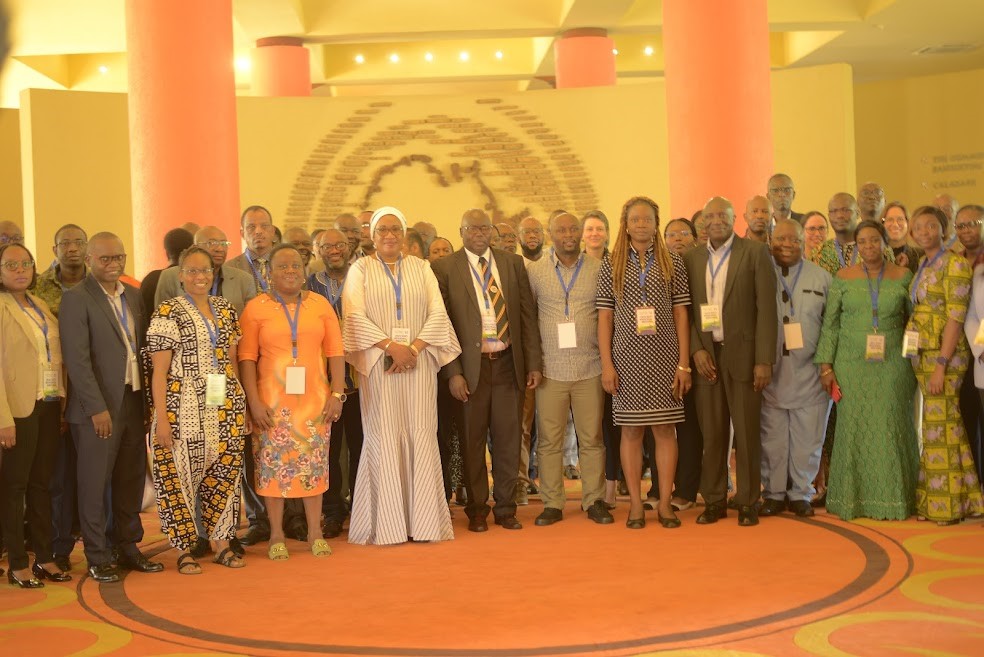
The Uganda National Council for Science and Technology (UNCST) hosted the 2023 Science Granting Councils Initiative in sub-Saharan Africa (SGCI) Regional Meeting during 19-23 June at Munyonyo, Uganda under the theme “The role of Science Granting Councils in Africa’s development”.
The meeting provided an opportunity for sharing of achievements, lessons and good practices among the science granting councils from 17 African countries, SGCI funders including the National Research Foundation of South Africa, the International Development Research Centre (IDRC), Norwegian Agency for Development Cooperation (Norad) and the Foreign, Commonwealth & Development Office (FCDO), and Collaborating Technical Agencies partnering with the SGCI to implement capacity strengthening activities. In addition, the meeting also brought together science system actors from Uganda and the East African region.
In her opening remarks, Dr Dorothy Ngila of the NRF highlighted the powerful impact of the SGCI in multilateral partnerships and reach beyond the activities of the SGCI and encouraged Councils to find innovative ways of better demonstrating and leveraging the different partnerships that the SGCI has made possible. “There are many bilateral and multilateral partnerships that are being conceptualised as the SGCI continues to become visible beyond the continent and this meeting will assist us in how to better leverage these opportunities and how to make them available for our research performing institutions.” In aligning with the theme of the meeting, the UNCST launched the Uganda National Research Outlook Report 2023, which was titled “Unlocking Uganda’s Research Potential for Long-Term Development and Prosperity” during this week. The report was launched by Uganda’s Minister of Science and Technology, Dr Monica Musenero who emphasised the need for Councils to improve and integrate their processes and systems in order to support research that translates into development for the benefit of societies.
The meeting provided an opportunity for SGCI Collaborating Technical Agencies to explore synergies and prospects of collaboration across all the SGCI’s thematic areas.
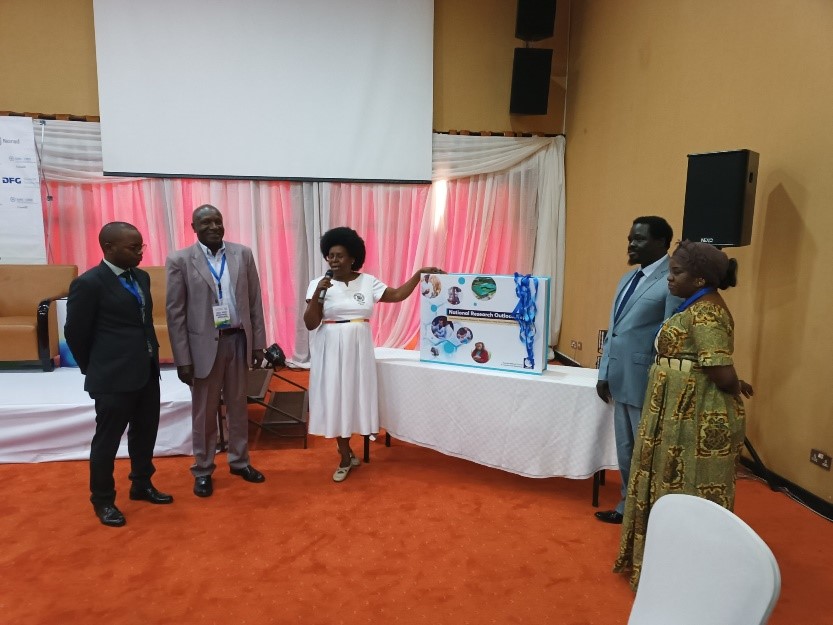
Working together with the Councils they were able to co-design tailored capacity strengthening plans on research and innovation management; strategic communications, uptake of knowledge outputs; and developing frameworks for public-private partnerships based on the councils’ individual needs. In addition, there was an opportunity for councils to discuss governance, to shape the Africa-Japan Long Term Framework to support the multilateral research partnership that involves Africa and Japan, and that has been incubated by the SGCI.
Read more on https://insideeducation.co.za/uganda-targets-tvets-to-deliver-digital-skills-uj-prof-calls-for-monitoring/ and https://www.newvision.co.ug/category/news/uganda-africa-urged-to-set-own-research-agend-163091.
Related News
HSRC pushes for inclusive research systems at SGCI gender summit
The Human Sciences Research Council (HSRC) hosts the Science Granting Councils Initiative (SGCI) Gender Equality and Inclusion (GEI) learning summit and calls for a more inclusive research landscape. The event marked the culmination of a three-year project aimed at embedding gender equity and inclusivity into…
SGCI-funded research wins science prize in Côte d’Ivoire
A Science Granting Councils Initiative (SGCI) funded research has earned national recognition in Côte d’Ivoire. The winner, Rodrigue Adjoumani Kouakou, is the assistant professor of chemistry, physics, and process engineering at the Training and Research Unit for Fundamental and Applied Sciences (UFR SFA) of Nangui…
Namibia takes lead on ethical AI
As artificial intelligence (AI) continues to shape the global landscape, Namibia is positioning itself as a continental frontrunner in building ethical, inclusive, and well-governed AI systems. A key milestone was the official launch of the Namibian AI Readiness Assessment Methodology (RAM) report presented by the…
Research and Resources
SGCI funded projects
Zambia’s top researchers pioneer solutions for climate resilience, food security, economic growth
Project Titles & Institution Areas of Research Number of Projects being funded Project Duration Grant Amount In-Kind Distribution Council Collaboration with other councils

